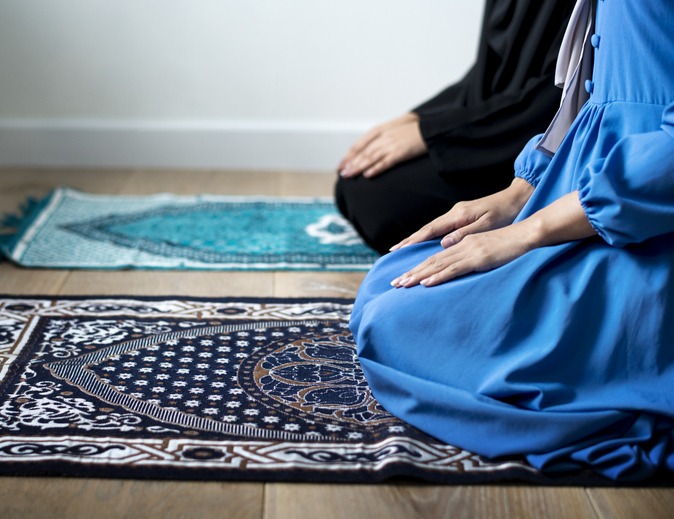As reported by Unison, as Ramadan commenced a few days ago, UNISON reminds employers of their duty to accommodate fasting and prayer needs, highlighting guidance from Tell MAMA and others
The holy Muslim month of Ramadan began on the evening of Sunday 10 March, with the first fast from sunrise to sunset on Monday 11 March.
Eid-al-Fitr, the celebration that marks the end of Ramadan, is expected to fall on Tuesday 9 April.
During this important holy period for Muslims, UNISON reminds both workers and employers that it is within the Equality Act 2010 for all employers to ensure flexible working and provide reasonable adjustments for workers wishing to observe Ramadan, which includes fasting, prayers, charity and reflecting on the Quran.
During Ramadan, Muslims spend a period of 30 days abstaining from food and drink, including water, during daylight hours, as a means of celebrating and reflecting on their faith.
Iftar, the meal that breaks the fast when the sun has set, is often shared with family and the local community. Traditionally, the fast is broken with a date (pictured above).
Workplace advice: flexible working
Tell MAMA have produced useful employers’ guidance on how Muslims can be supported at work during Ramadan.
Advice includes:
- consider the energy levels of staff, especially where work is physically demanding, and where possible, scheduling meetings earlier in the day and avoiding evening meetings or work events
- avoid scheduling lunchtime events
- be fair and considerate in the distribution of additional rest breaks
- as the month of Ramadan is aligned with the lunar calendar, Eid-al-Fitr has no fixed date. Employers are encouraged to be flexible with their annual leave requests from Muslim workers around this time.
Guidance from ACAS and the EHRC provides employers with a range of best practices during the holy month, for example, by allowing Muslim workers to start their work day earlier, or longer break times on Fridays for Jummah prayers.
A 2021 survey of British Muslims on support from employers during Ramadan found that the most supportive adjustment (desired by 69% of recipients) was flexible shift patterns, followed by team members understanding what Ramadan means to them (60%), and annual leave for the final days of Ramadan (58%).



Be the first to comment